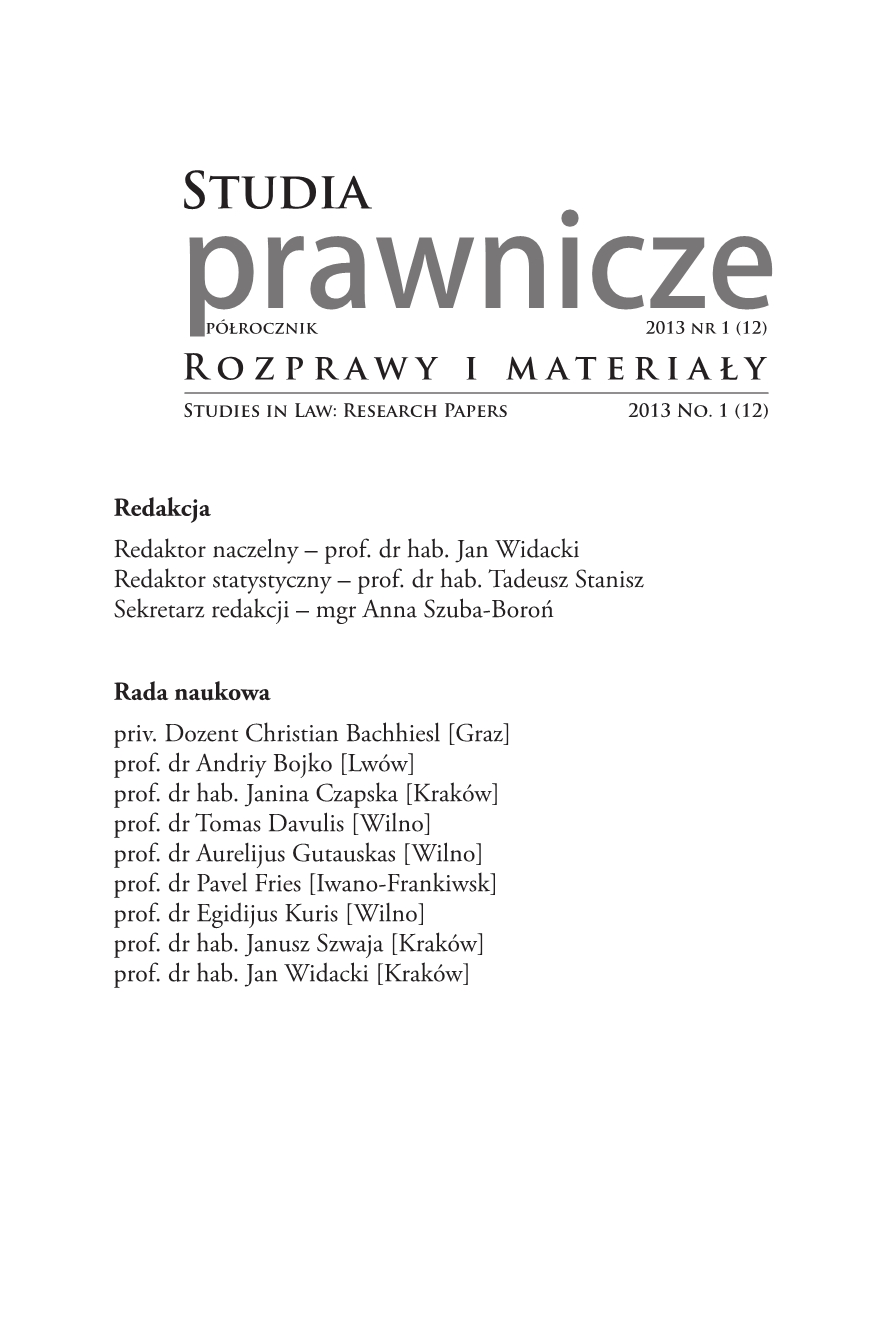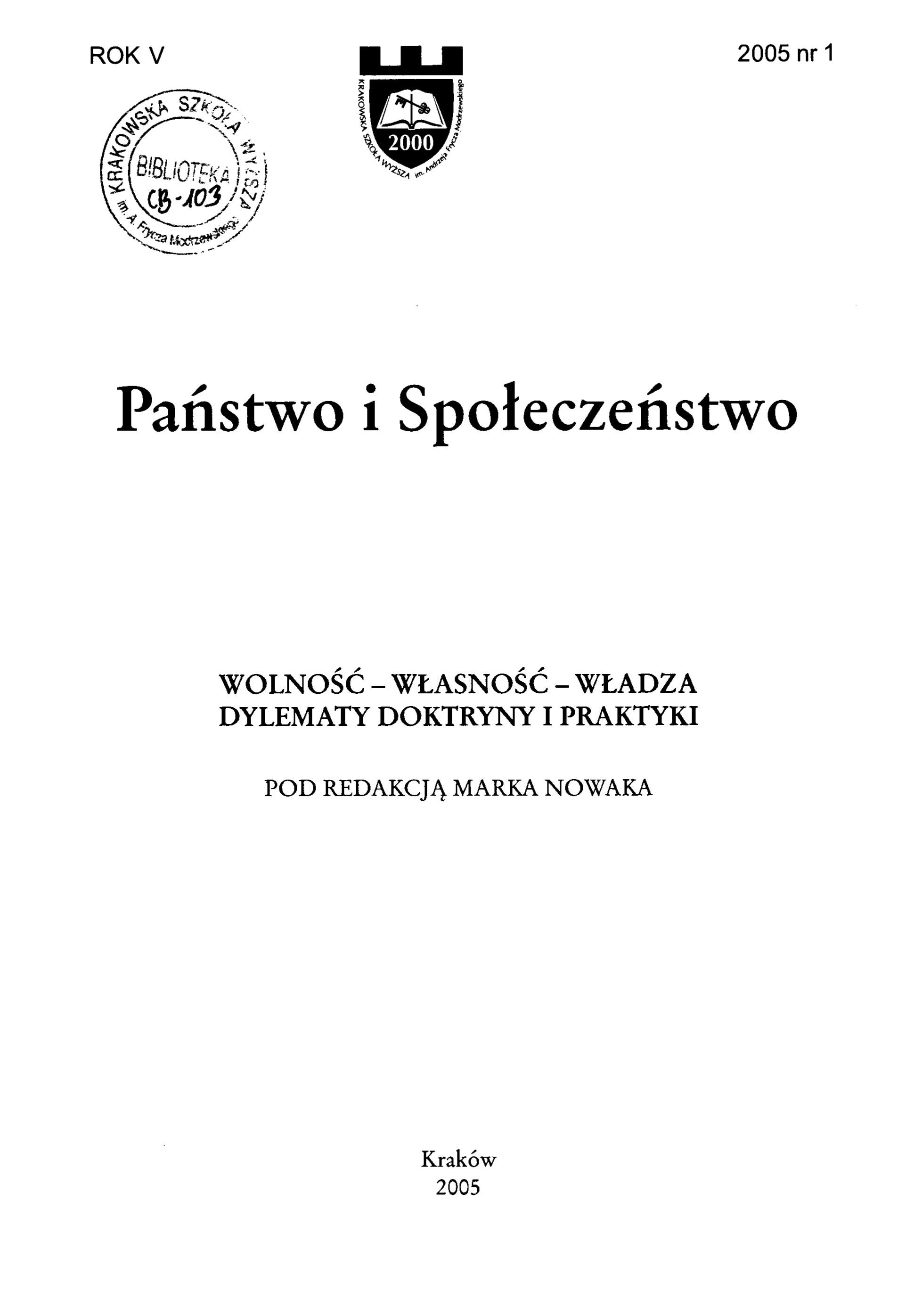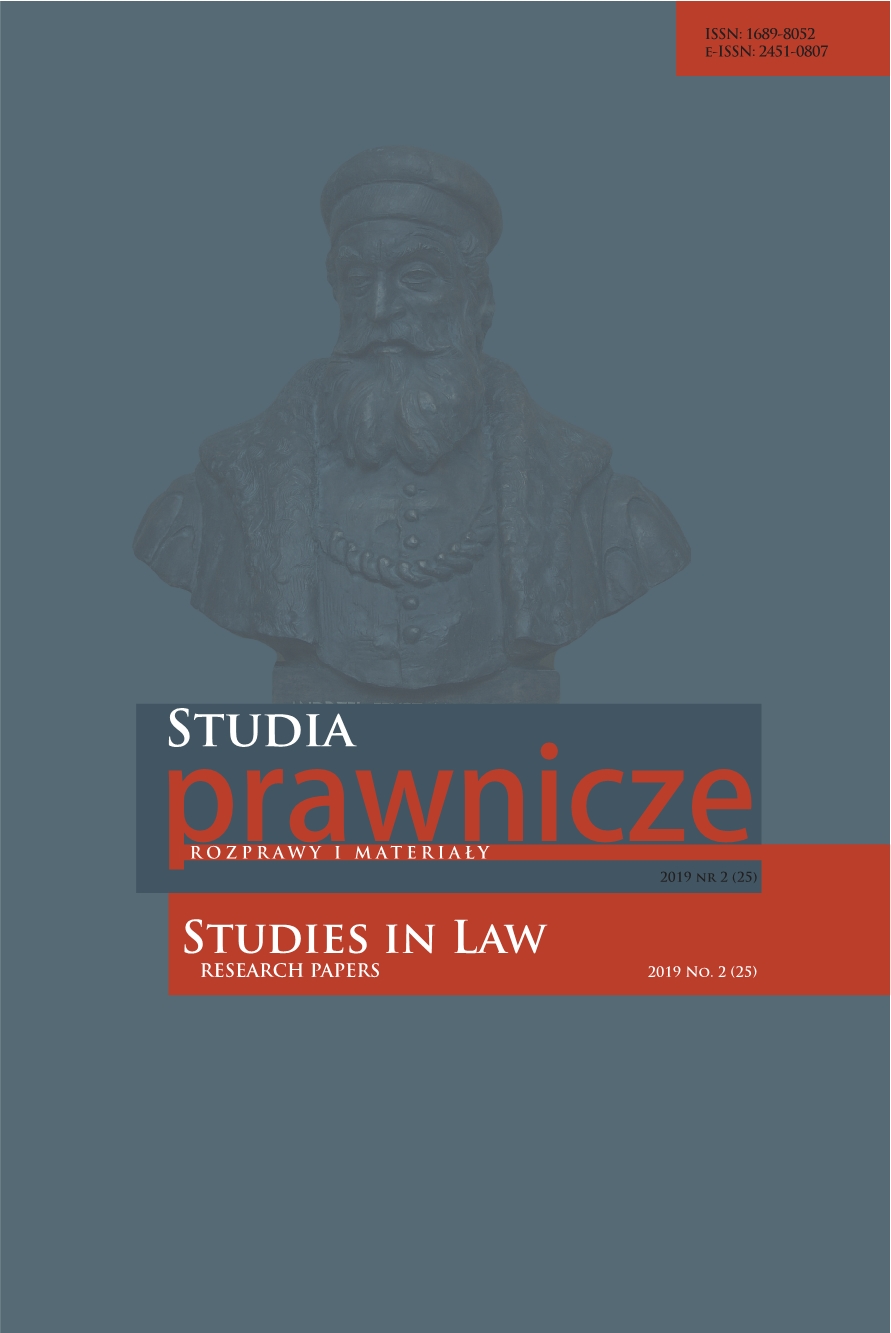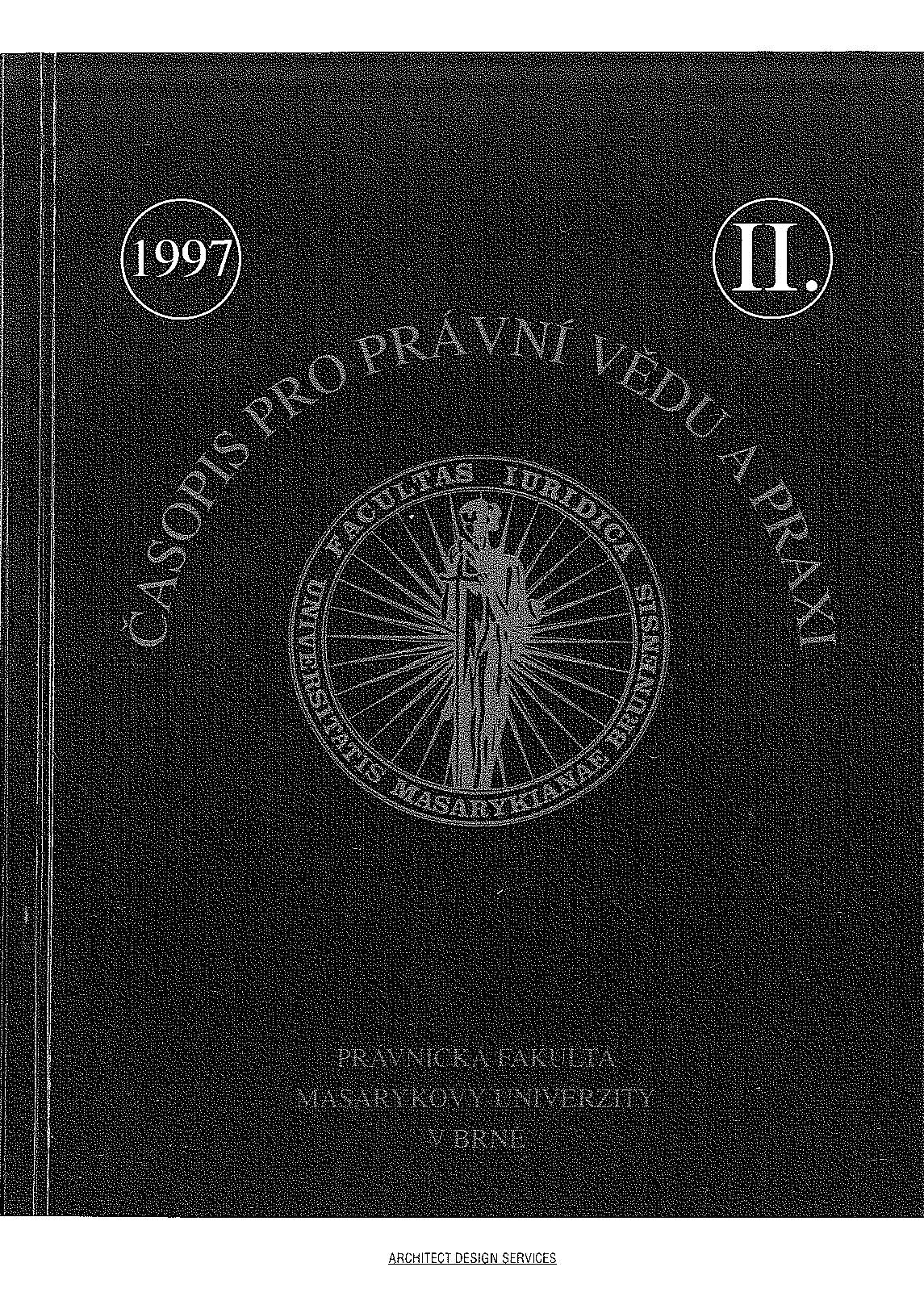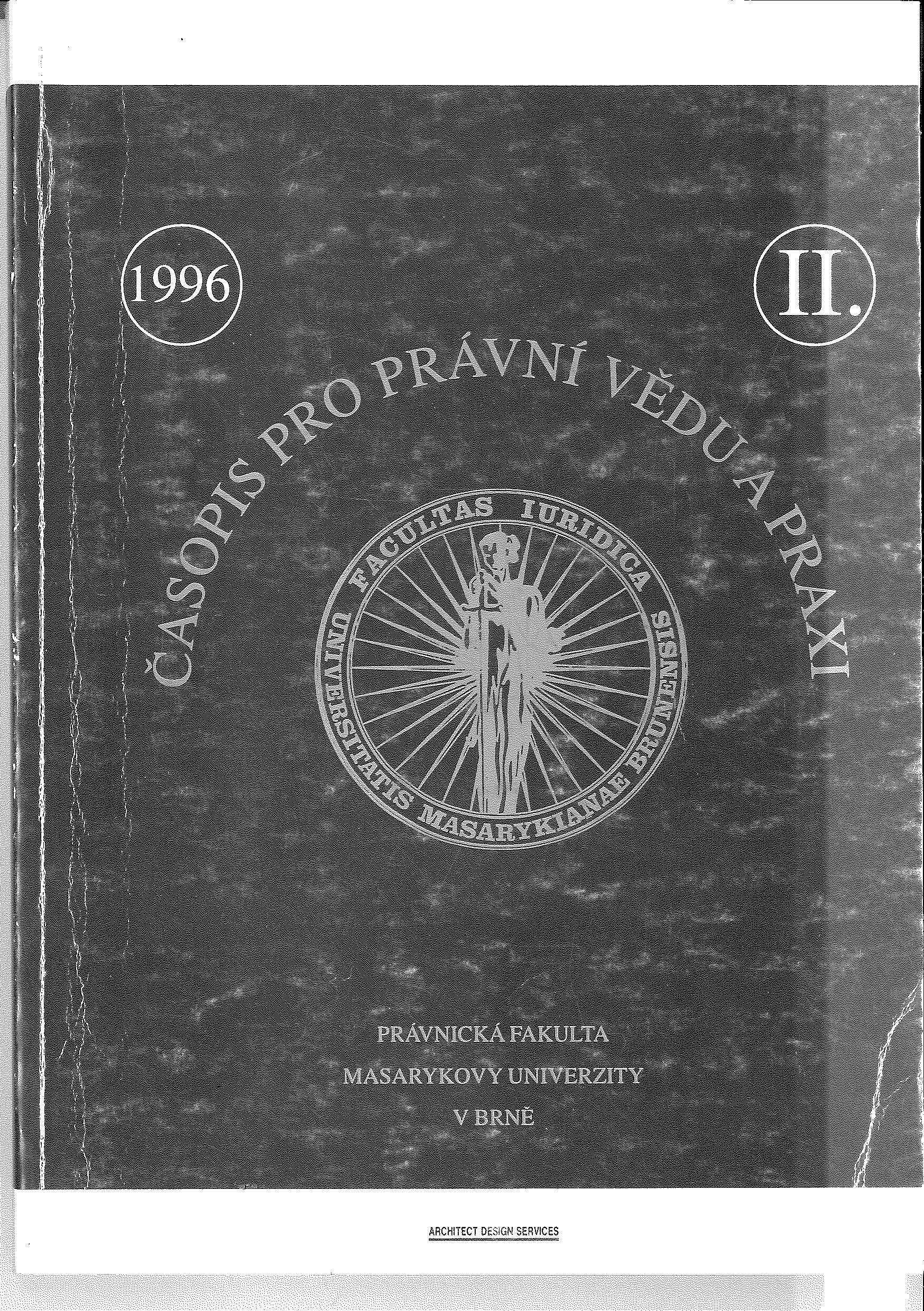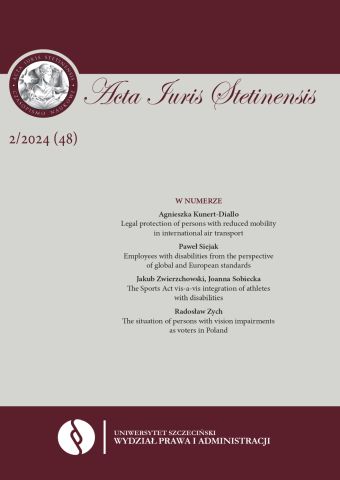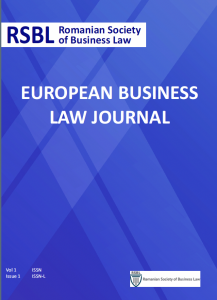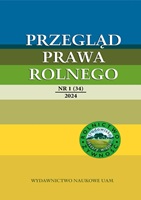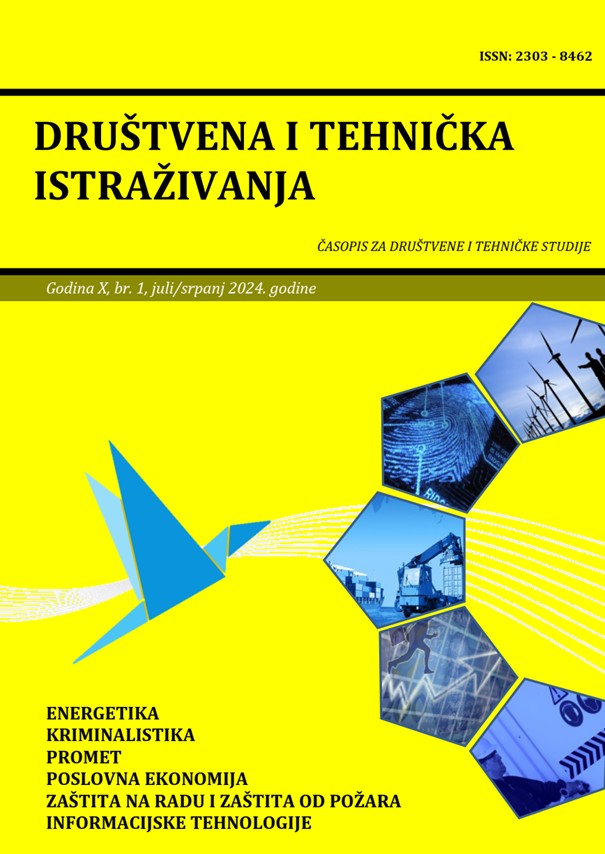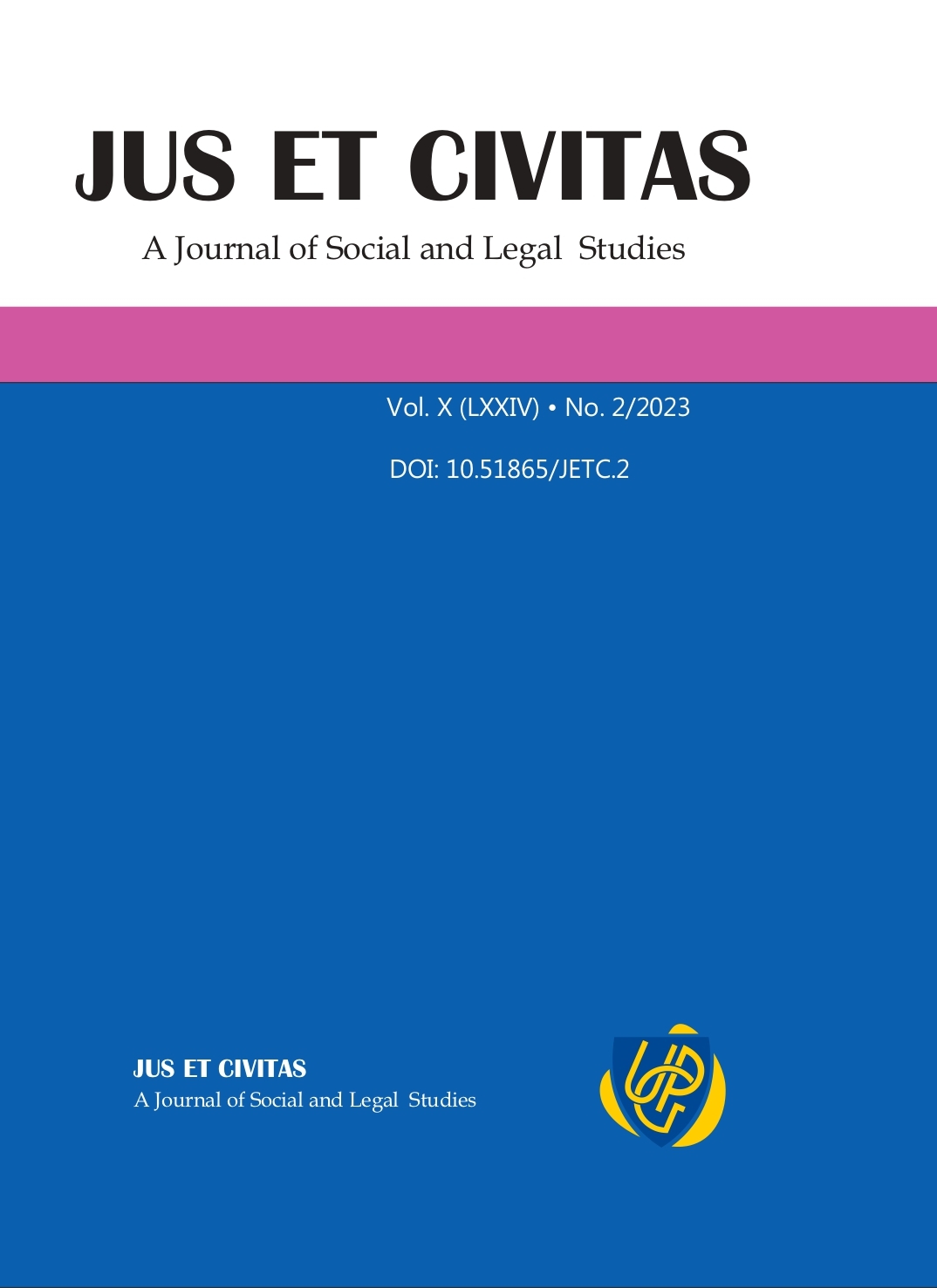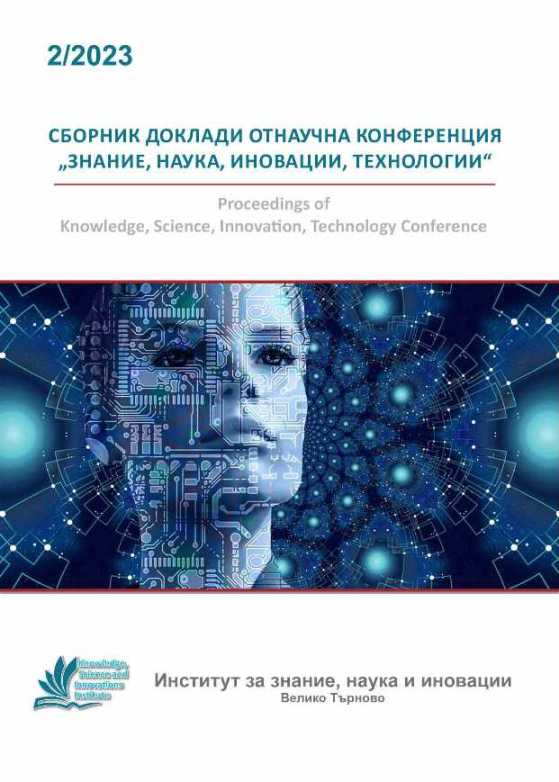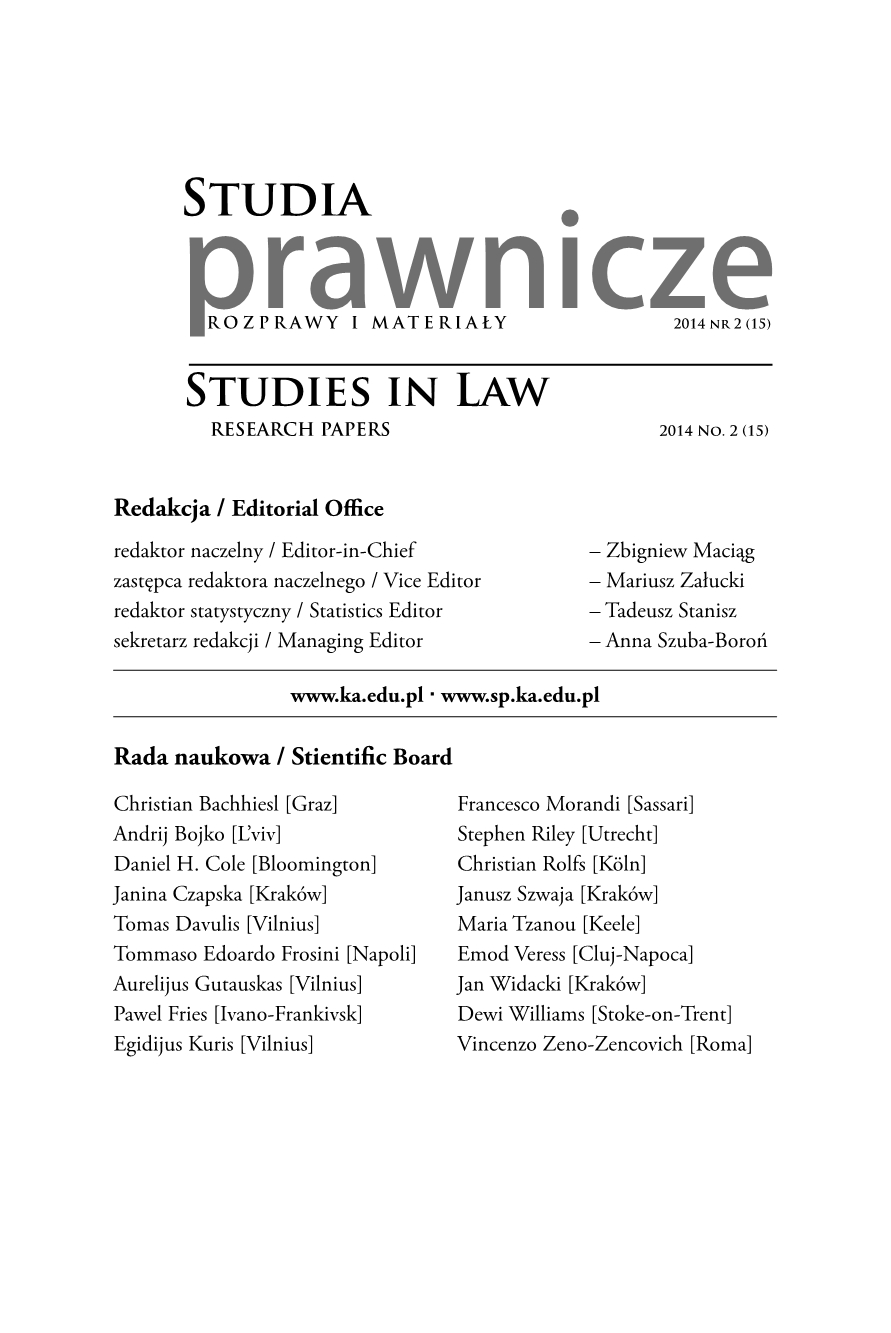
Prawnofinansowe aspekty bezpieczeństwa energetycznego w Polsce i UE
This article describes issues related to the provision of broad understanding of energy security within the EU and in the Polish legal order in force. On the basis of the cited definition of the term “energy security” showing the essential elements necessary for achieving this purpose. Due to the fact that the subject of security, to the greatest extent are the raw materials are fossil source of their origin and value of demand. Shows the adjustments resulting from the two EU directives: horizontal and energy policy. Their implementation to the Polish legal order were presented on the example of last update the law on excise duties in terms of taxation from 2 January 2012. excise products. The development, in addition to a description of the issues shall be under question the correctness of the Polish tax law fit to the requirements already in force under national law and EU law. The manifestation of the contradictions is widely applied in relation to the exemption of organic not directory. It should be noted that provision of energy security is inextricably linked with the use of fossil raw materials, and hence greenhouse gas emissions. The current Excise Tax Act fails to comply with the rigors of applying already Act-energy law, in which one element of energy security are requirements for the protection of the environment. In addition, the study cites the obligations of Member States arising from published in March 2006, the Green Paper and indicates the adopted in April 2009. climate and energy package. At the same time, is an example of the new solutions used to reduce, among others emissions of these gases carbon taxes.
More...
